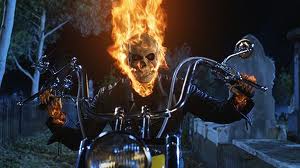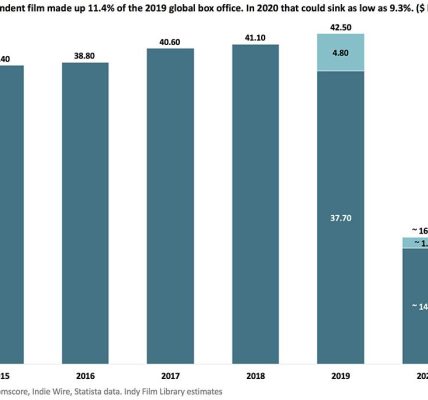Business as Usual – Cover Feature, Issue 16
Dressed in charcoals and greys, Tilda Swinton is sitting on a plush purple couch in a hotel suite overlooking London’s Leicester Square, when she’s hit by a realisation. “I remember when The Last of England was playing at the Prince Charles Cinema for quite a long time,” she says, pointing out of the window in the direction of the famous repertory movie house that lies across the rain-soaked square. “And it had reviews in the Sunday Times! And admittedly, there was Norman Stone ranting on about The Last of England and Sammy and Rosie Get Laid… but in a huge, huge piece!”
The reason for this realisation? We’re discussing the place of cinema in British culture over the past two decades. “When I started making films in the middle of the Eighties, what we still had—though just about to be fully dismantled—was a really worldbeating, functioning and profitable television industry,” says Swinton, “and there was this sort of effort to drum up a film industry too. But what we also had—even though, of course, people moaned all the time—was a film culture.” In other words, uncompromising art house films like The Last of England were frequently covered in the press and watched by audiences.
The 1988 film, a dark meditation of London during the Thatcher years, was Swinton’s second with the late Derek Jarman. The director, who died of complications from AIDS in 1994, had cast Swinton as the prostitute Lena in her very first film, Caravaggio, two years earlier. The pair would go on to make a further five films together after The Last of England. At the time, while Jarman’s avant-garde work placed him very much on the fringes of the British film industry, it was provocative enough to cause a stir in the national media. Swinton smiles: “Derek was even on mainstream television, talking to Mary Whitehouse!”
These days, with Hollywood blockbusters dominating multiplexes and independent cinema chains becoming increasingly rare, the thirst for art house product is drying up. “That’s the thing to remember,” adds Swinton, as she sips her lemon tea. “Those films [from the Eighties], if they were released now they would be smaller than they were. There was a way of crossing over. There wasn’t this binary universe there is now. I think it’s become so difficult. Of course there’s the whole festival ‘safe-house’, where you will have someone like Cristian Mungiu coming from nowhere and winning the Palme d’Or [for 2007’s 4 Months, 3 Weeks & 2 Days] but then his film will be released here relatively quietly.”
Fortunately, there are still actresses like Swinton, fighting the good fight. Despite her recent foray into Hollywood—which even won her an Oscar for her guilt-stricken lawyer in Tony Gilroy’s Michael Clayton—the actress remains committed to producing the kind of challenging films that once frequently jostled with Hollywood product in the cinemas of Leicester Square and beyond. Her latest, I Am Love, for which she is credited as one of the producers, is a case in point. Directed by the Italian-born Luca Guadagnino, with whom Swinton first worked on 1999’s docufiction The Protagonists, it is an intelligent, searing study of infidelity, betrayal and love in the closed circles of upper crust Milanese society.










